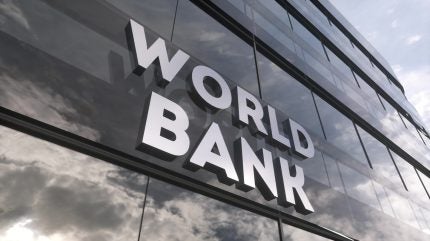
The World Bank has approved a substantial financial package to bolster Bosnia and Herzegovina’s energy security and economic transition.
On 1 May, the Board of Executive Directors sanctioned a €79.90m loan and a €2.89m grant to advance the country’s National Energy and Climate Plan.

Discover B2B Marketing That Performs
Combine business intelligence and editorial excellence to reach engaged professionals across 36 leading media platforms.
This strategic move aims to enhance energy independence, foster job opportunities and strengthen local economies in regions transitioning away from coal.
The Just Transition in Select Coal Regions of Bosnia and Herzegovina Project is set to repurpose post-mining lands in Banovići, Zenica and Kreka.
This includes facilitating the closure of underground works in Zenica and installing renewable energy systems at Banovići and Kreka mines.
Additionally, the project will offer social protection and skills development programmes for workers and communities transitioning from the coal sector.

US Tariffs are shifting - will you react or anticipate?
Don’t let policy changes catch you off guard. Stay proactive with real-time data and expert analysis.
By GlobalDataWorld Bank Country Manager for Bosnia and Herzegovina and Montenegro Christopher Sheldon said: “This new project is an opportunity to boost Bosnia and Herzegovina’s energy security while supporting communities, making sure no one is left behind.”
Bosnia and Herzegovina is committed to reducing greenhouse gas emissions and decarbonising its power sector by 2050.
The World Bank’s support aims to ensure that mine closures are managed in an environmentally and socially responsible manner, while simultaneously creating new job opportunities and invigorating local economies in the former coal regions.
In a related development, the World Bank and the African Development Bank unveiled terms in January this year for African countries to access $40bn in power finance through the Mission 300 programme.
This initiative aims to connect half of the continent’s population to the national grid and the other half through off-network solutions like solar mini-grids.
The programme promises $30bn from the banks, with an additional $10bn anticipated from private institutions, marking a significant step in addressing varied electricity access across sub-Saharan Africa.





